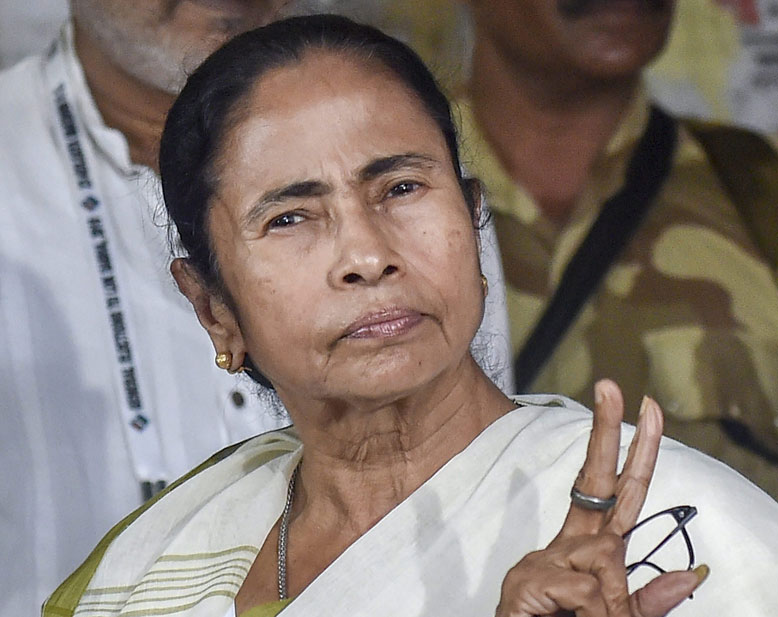Lost somewhere in the mists of the past is a joke referring to quick-change politicians. By changing his party three times in one day in 1967, Gaya Lal, a member of the legislative assembly of Haryana, gave new meaning to the old saying, “Aya Ram Gaya Ram.” The concerns this gave rise to regarding the stability of governments and the primacy of the people’s will — by changing parties, a legislator, in principle, betrays the voter who elected him from a different party — led to the formulation of the 10th Schedule of the Constitution, known as the anti-defection law. Never very effective or well-evolved, it is now, in effect, passé. The question of disqualification if there are less than two-thirds among the legislators of one party joining another is not really on the front burner any more. The prime minister himself — when he was campaigning for the Lok Sabha polls at the end of his first term — had declared to the chief minister of West Bengal, Mamata Banerjee, that 40 Trinamul Congress legislators were in touch with him and would be joining the Bharatiya Janata Party after the elections.
But Ms Banerjee’s party should be familiar with such frank politicking because the change — ‘paribartan’ — that the TMC had promised when it dislodged the Left Front government to come to power in 2011 is yet to take place. Ms Banerjee’s party attracted defections then, and even more jerseys changed colour when she returned in 2016 — a notable recent example, among others, being that of the Congress leader, Manas Bhuniya. It is just that the BJP is more tempting at the moment; it is offering — with knobs on — what the TMC did earlier: rewards and protection. Whatever ideology the BJP lays claim to, that is certainly not the spur in defections. The TMC was not an ideology-based party when it dawned with its promise of paribartan; the Communist Party of India (Marxist) that it hollowed out, was. If a change is to be acknowledged, it runs much deeper. It is about what Indians wish to keep and what to throw away. The anti-defection law was formulated in the context of a multi-party democracy to ensure stable governments. The BJP is offering exactly that, but by drawing all parties to itself. It is the era of the highest bidder.










